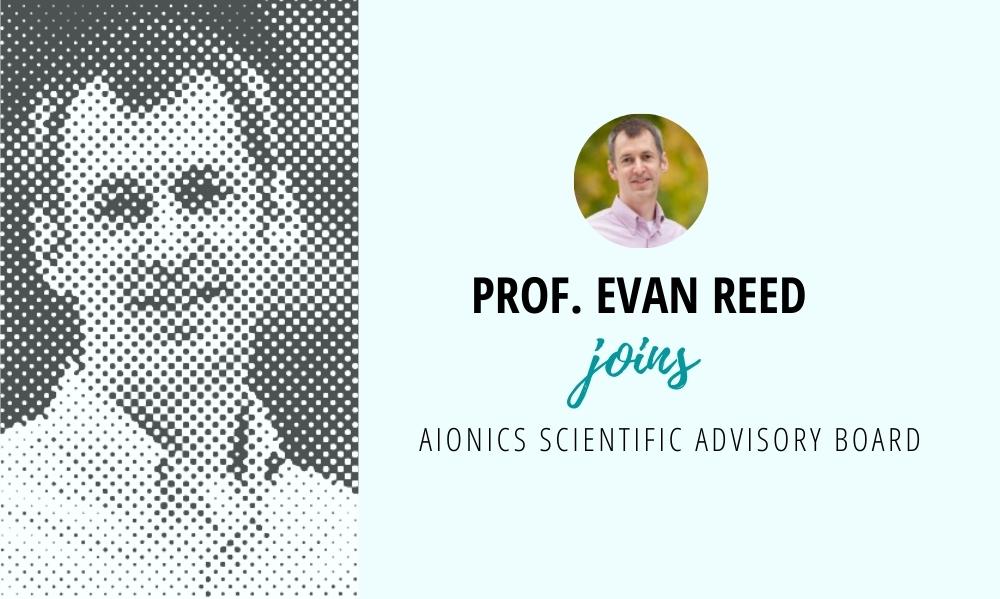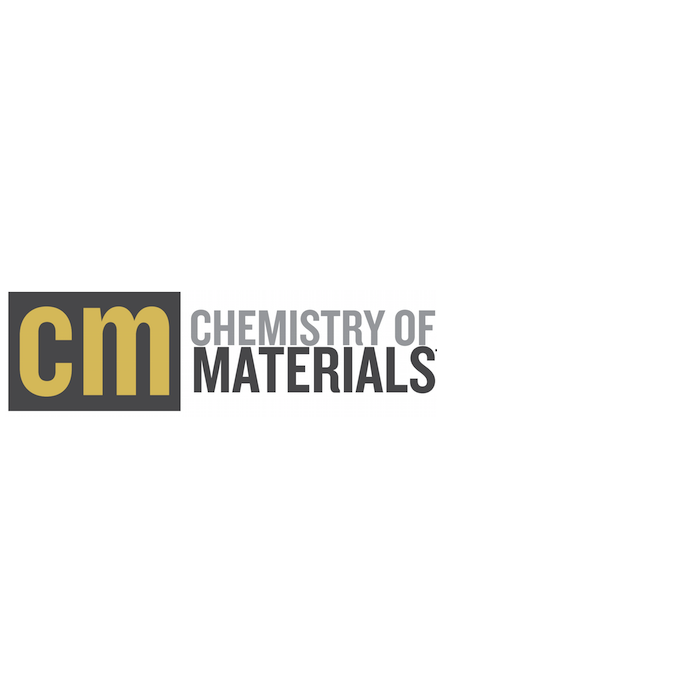Prof. Evan Reed of Stanford joins Aionics Scientific Advisory Board
News

Evan Reed, Associate Professor of Materials Science and Engineering at Stanford University, has joined the Scientific Advisory Board of Aionics, Inc., a battery materials informatics startup that spun out of his laboratory in 2018.
Prof. Reed’s group focuses on the theory and modeling of nanoscale materials for electronics and energy applications, and materials at conditions of extreme temperatures, pressures, and fields. His work to date has focused on 2D materials, high pressure shock wave compression, THz radiation generation, phase change materials, energetic materials, and photonic crystals, and materials informatics approaches. Over the last several years, Prof. Reed has emerged as a highly impactful researcher in the area of battery materials informatics, with work on machine learning-based models for understanding solid-state electrolytes, cathodes, and interfaces.
The Reed group’s early battery informatics research was led by then-doctoral student Austin Sendek, who received his Ph.D. founded Aionics in 2018. Prof. Reed and Dr. Sendek have continued their scientific collaborations since his graduation; Dr. Sendek joined Stanford as a visiting scholar in the Department of Materials Science & Engineering in 2019.
In the years after the Reed group’s first publications on data-driven battery design, Stanford has gone on to become a major hub of battery informatics innovation through initiatives like D3BATT (Data-Driven Design of Li-ion Batteries), a collaboration between Stanford, MIT, and Toyota Research Institute, and StorageX, a multidisciplinary initiative to bring together academia and industry to address critical battery research challenges with an emphasis on data and computation.
Two other important alumni of Prof. Reed’s research group are Aionics Chief Technology Officer Dr. Lenson Pellouchoud and Senior Scientist Dr. Peter Schindler. Dr. Pellouchoud graduated with his Ph.D. in Material Science & Engineering in 2016 while Dr. Schindler served as a postdoctoral researcher and visiting scholar with Prof. Reed.
Of the appointment to the Scientific Advisory Board, Dr. Sendek said, “Evan has been a mission-critical member of this journey since day zero. I recall sitting in his office back in 2013, wondering about the potential for bringing these new machine learning approaches into vexing battery materials challenges like solid-state electrolyte design. It is an immense honor and pleasure to continue working with Evan, almost a decade later, to democratize battery materials informatics throughout the industry through Aionics.”
Prof. Reed is the Charles Lee Powell Faculty Scholar in the School of Engineering and a recipient of the DARPA Young Faculty Award, NSF CAREER Award, and Office of Naval Research Young Investigator Program (YIP) Award. He joined the Stanford faculty in 2010 from Lawrence Livermore National Laboratory, where he was a staff scientist and E. O. Lawrence Fellow. He holds a B.S. in Applied Physics from CalTech and a Ph.D. in Physics from MIT.
Newsletter Registration
Subscribe to our newsletter and stay updated with the latest from Aionics.


